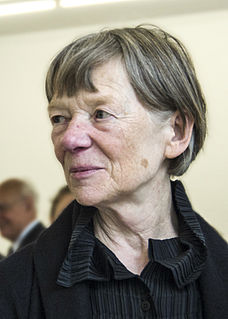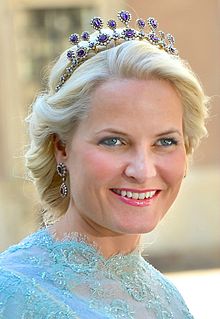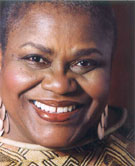A Quote by Jagmeet Singh
Our public spaces should be places that are inclusive, that bring people together.
Related Quotes
I photograph in public and semi-public spaces that date from various epochs. These are spaces accessible to everyone. They are places where you can meet and communicate, where you can share or receive knowledge, where you can relax and recover. They are spas, hotels, waiting rooms, museums, libraries, universities, banks, churches and, as of a few years ago, zoos. All of the places have a purpose, as for the most part do the things within them.
Spaces of liberation are, in a certain way, some kind of social spaces where people can not only get together and think about something else, but also act together. If you are thinking about an elemental solidarity, you are thinking about people acting together and taking decisions together, and thereby beginning to think about what sort of society they want to create. So, there is a need for liberated spaces; that is really difficult.
When I left Nashville I went to Texas because that's where I came from, and because I was playing in Texas a lot in different places. And I saw hippies and rednecks drinking beer together and smoking dope together and having a good time together and I knew it was possible to get all groups of people together - long hair, short hair, no hair - and music would bring them together.
Hotels are amazing spaces and platform for activism. If they placed voting booths in hotels and other space of hospitality - a lot more people would vote. Voting poll stations aren't easily accessible. These phone booths should be in more hotels and public spaces. Activism is accessibility. Bravo to the Standard for making it possible.
Facebook's a wonderful, incredible way to bring humanity together. They've brought together 2 billion people in the largest fictional family in history. So young people are starting to empathize with each other through Facebook across the globe. This is wonderful. However, when everyone needs Facebook because it's so successful that everyone's on it, then it starts to look like a global public utility, a public good. Same with Amazon.
I think football is a game where people come together and football should bring everybody together, whether it is religion or skin colour or where you come from. We should be happy to enjoy that moment together, those 90 minutes where we can show love. Because I think football is love - and when love is not there, for what should we play?




































